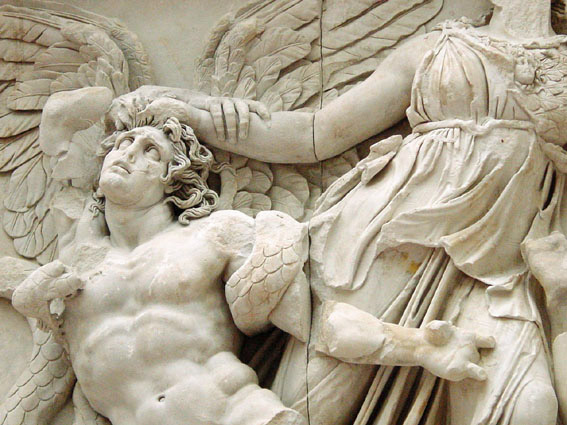That is indeed the gist of it. Of course, things get a bit more complicated as you get more detailed.
The division is primarily a political one. Muhammad did not leave an heir, and people argued over who will rule the umma (Islamic society). The majority favoured Abu Bakr, one of Muhammad's closest friends. This started the Caliphate which eventually expanded to become the Islamic empire.
However, the Shi'a (supporters) of Ali remained, and a schism formed. They had their following and their tradition continued to flourish and came to include its own distinct spirituality.
It seems to have thrived in certain areas of the Islamic empires more than others: Egypt, India, and Iran. Their powered waxed and waned as sunni leadership went and arrived at the scene. It seems that the Shiites of the Ismaili sect (particularly in India) were very open to Sufi and otherwise esoteric thought and developed their very own esoteric cultures.
I actually know very little on the subject and am trying to get to know more about the Shiia since I have always been taught about Islam from a Sunni point of view.



